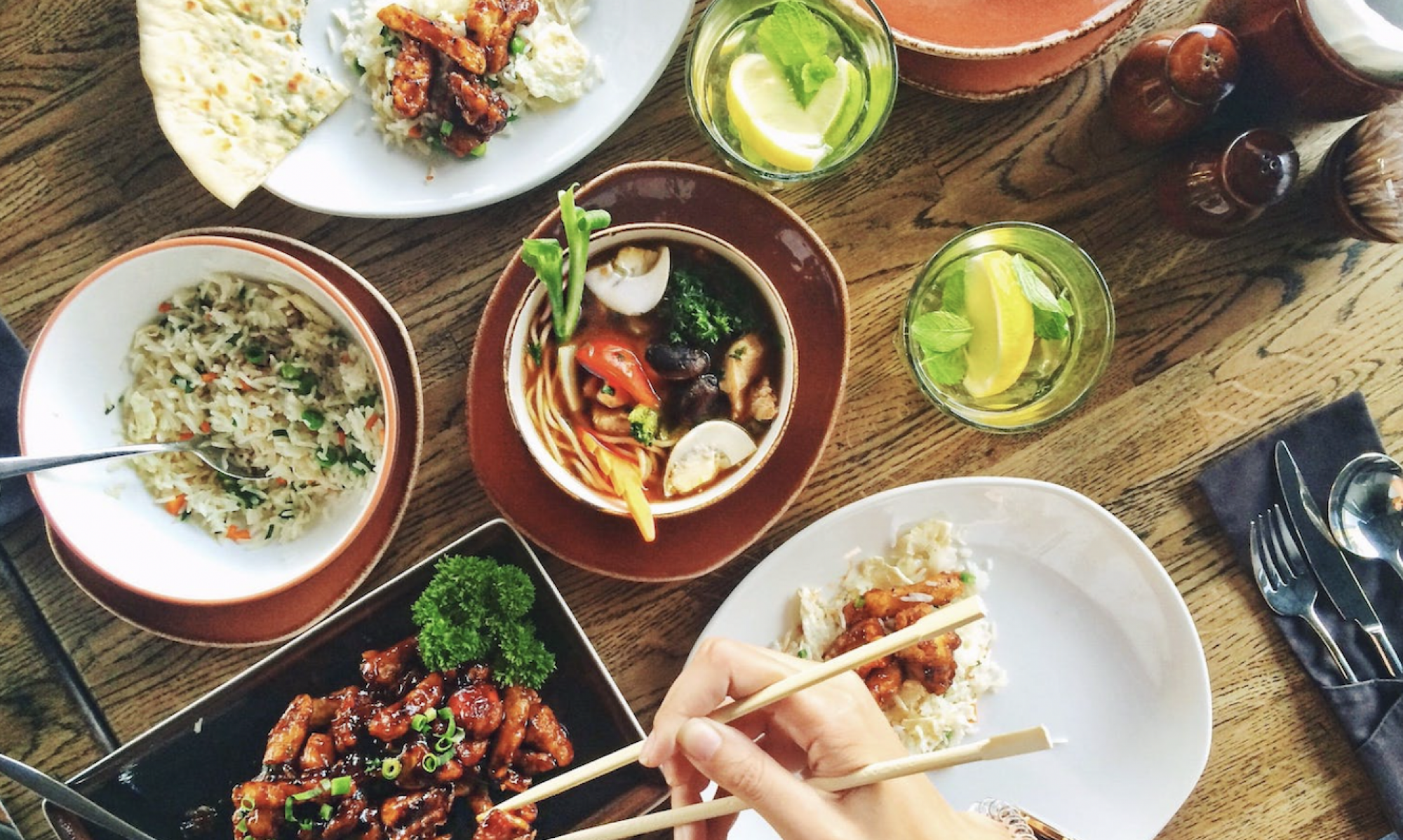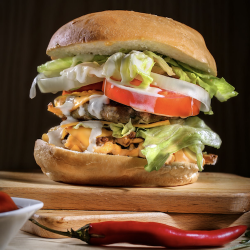Embarking on a culinary education journey in Virginia can be an exciting and rewarding experience. Whether you’re aspiring to become the next top chef or have dreams of owning your own restaurant, culinary school provides the foundation and skills necessary to succeed in this competitive industry. However, like any educational pursuit, culinary students in Virginia may encounter various challenges that could necessitate the assistance of education attorneys. In this comprehensive guide, we’ll delve into the reasons why a Virginia culinary student might need education attorneys and how these legal experts can help navigate the complex landscape of culinary education.
The Journey of a Culinary Student in Virginia
Before we delve into the specifics of when and why a culinary student in Virginia might require legal assistance, let’s first understand the typical journey of such a student.
Choosing the Right Culinary School: The journey begins with selecting the right culinary school. Virginia boasts a range of institutions offering culinary programs, from community colleges to renowned culinary institutes. This decision is crucial as it sets the foundation for your culinary career.
Financial Challenges: Culinary education can be expensive. Students often rely on loans, scholarships, or part-time jobs to fund their education. Navigating the financial aspects of tuition, loans, and scholarships can be overwhelming.
Academic Rigor: Culinary programs are rigorous, with a strong emphasis on hands-on training and culinary skills development. Balancing coursework, practical classes, and internships can be demanding.
Internship and Job Placements: Many culinary programs in Virginia require students to complete internships or job placements to gain real-world experience. Securing these opportunities can be competitive.
Academic Performance and Discipline: Maintaining good academic standing is essential. Academic misconduct, plagiarism, or disciplinary issues can jeopardize a student’s progress.
Complaints and Disputes: Occasionally, students may encounter issues related to grading, curriculum, faculty disputes, or discrimination, which may require legal intervention.
Post-Graduation Challenges: After completing their culinary education, graduates face additional challenges, such as contracts, job negotiations, and workplace disputes.
Now that we have outlined the typical journey of a culinary student in Virginia, let’s explore when and why education attorneys may become essential.
When and Why a Virginia Culinary Student Might Need Education Attorneys
Financial Aid and Student Loans:
One of the earliest stages where a culinary student might need legal assistance is during the application for financial aid and management of student loans. Education attorneys can help students navigate the complex world of financial aid applications, ensuring they receive the support they are entitled to.
-
- Filing for Financial Aid: Education attorneys can help students correctly fill out the Free Application for Federal Student Aid (FAFSA) and any other financial aid forms, maximizing their eligibility for grants, scholarships, and loans.
- Loan Disputes and Forgiveness: If a student faces issues with loan repayment or believes they are eligible for loan forgiveness programs, education attorneys can provide guidance and help negotiate with loan servicers.Academic Challenges:
Maintaining good academic standing is crucial for any culinary student. Education attorneys can assist in various academic matters, including:
- Grade Appeals: If a student believes they received an unfair grade, an education attorney can help them navigate the appeals process and represent their interests.
- Disciplinary Actions: In cases of academic misconduct or disciplinary actions, an attorney can provide legal counsel and support throughout the proceedings.Discrimination and Harassment:
Unfortunately, discrimination and harassment can occur in any educational institution, including culinary schools. Education attorneys can help students address these issues by:
- Filing Complaints: If a student experiences discrimination or harassment based on race, gender, disability, or other protected characteristics, an attorney can assist in filing a complaint with the school or relevant authorities.
- Legal Recourse: In cases of severe discrimination or harassment, education attorneys Virginia can explore legal avenues, such as filing a lawsuit against the institution or individuals involved.Contract Review and Negotiation:
After completing their culinary education, students may need assistance with contract review and negotiation when seeking employment. Education attorneys can:
- Review Employment Contracts: Ensure that the terms and conditions of employment contracts are fair and favorable to the graduate.
- Negotiate Terms: Negotiate salary, benefits, working conditions, and other employment terms to protect the graduate’s interests.Consumer Protection:
In some cases, culinary schools may engage in deceptive practices or fail to deliver on promises made during the enrollment process. Education attorneys can assist by:
- Investigating Misrepresentation: Investigate claims of misrepresentation, fraud, or false advertising by the culinary institution.
- Seeking Remedies: Pursue remedies such as refunds, tuition reimbursement, or class-action lawsuits on behalf of affected students.Intellectual Property and Business Law:
Culinary students who aspire to open their own restaurants or culinary businesses may require assistance with intellectual property, business formation, and contracts. Education attorneys can help:
- Trademark and Copyright Protection: Protect culinary creations through trademark and copyright registration.
- Business Formation: Assist in the legal aspects of forming a culinary business, including choosing the right business structure and drafting contracts.Immigration Issues:
International culinary students studying in Virginia may encounter immigration challenges. Education attorneys can help with:
- Student Visa Matters: Ensure compliance with student visa requirements and assist with visa extensions or changes of status.
- Work Authorization: Help students understand and obtain the necessary work authorization for internships or post-graduation employment.
Conclusion
A culinary education in Virginia is a valuable investment in one’s culinary career. However, the journey is not without its challenges, and there are several scenarios in which a Virginia culinary student might need the assistance of education attorneys.
From navigating financial aid and academic challenges to addressing discrimination, harassment, and contractual matters, education attorneys play a crucial role in safeguarding the rights and interests of culinary students. These legal experts provide guidance, representation, and advocacy, ensuring that students have the resources and support they need to succeed in their culinary pursuits.
Ultimately, the decision to seek legal assistance during your culinary education journey is a proactive step in safeguarding your future. It’s a recognition that, while the culinary world is a place of creativity and passion, it’s also a space where legal issues can arise. By having the support of education attorneys, you can focus on honing your culinary skills and pursuing your dreams with confidence.


